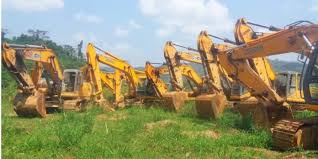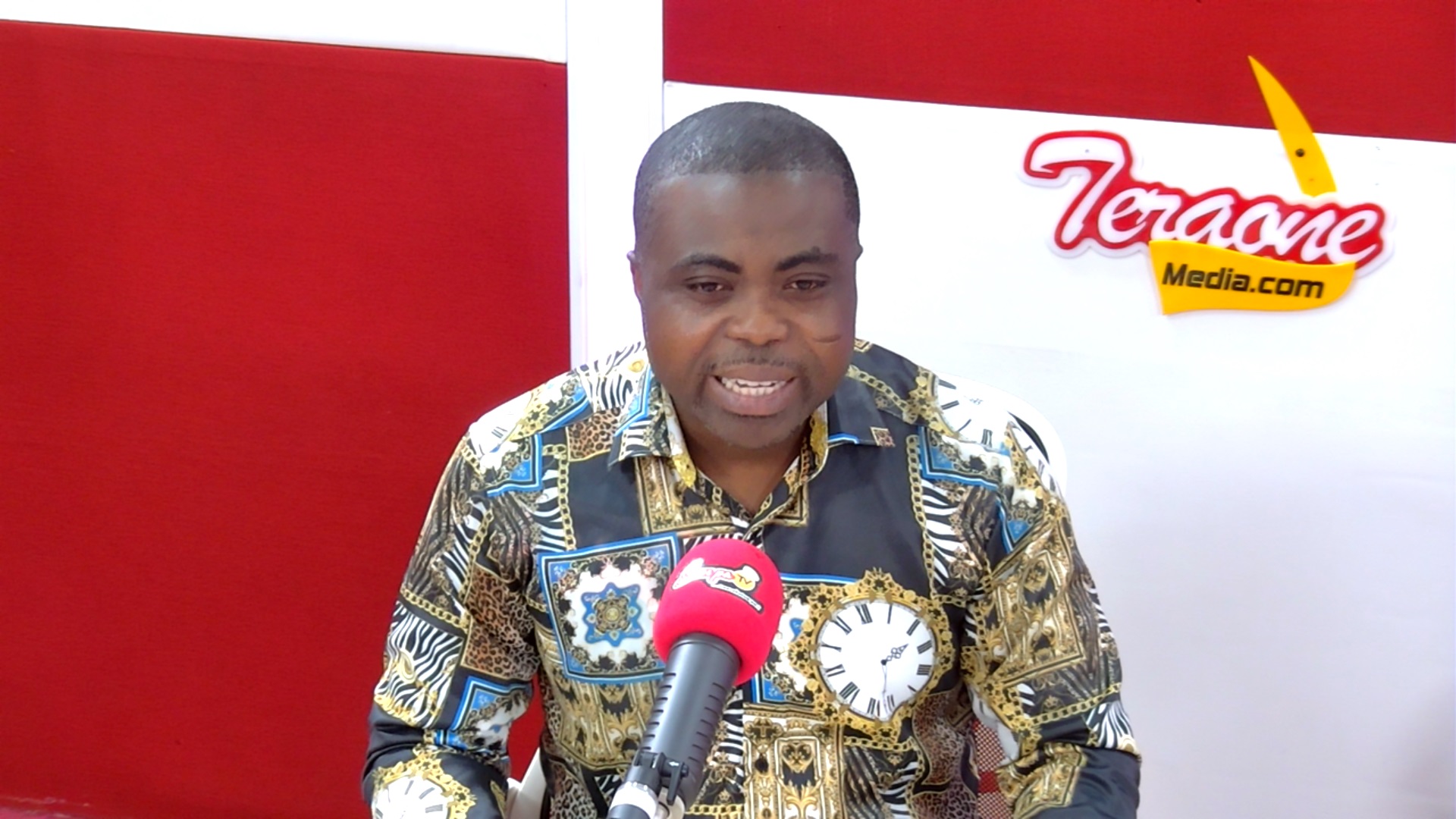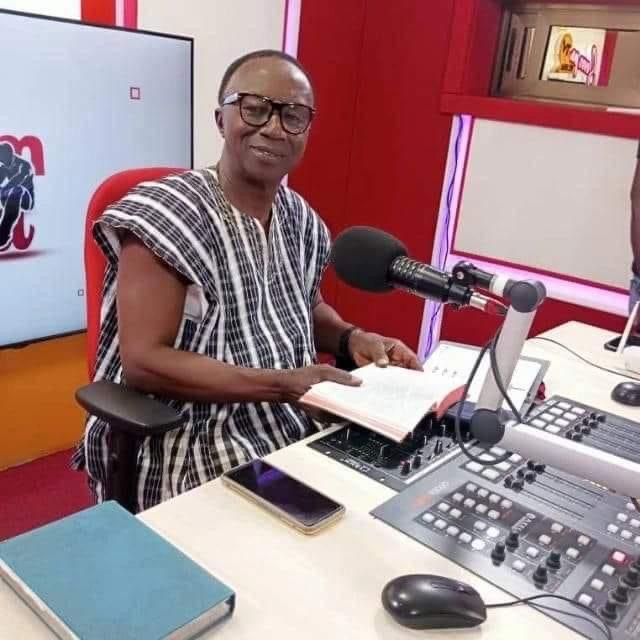Excavators operators association of Ghana (EXOPAS GH) has called on the government to give them full support to help deal with illegal mining.
The group which its members scatter across the mining areas in the country seems to have genuine concerns. They seem to play a major role in illegal mining activities and they cannot be left out when talking about solutions to curb galamsay. The leader of the association Mr. Solomon Barnes said on an interview
They have been operating the excavators and they know what goes in when they go to the field to work. They also agree a special training and license has to be issued to them since most of their members do not hold license. Individuals who don’t go by their rule's licenses will be revoked and kick them out of work.
Mr. Solomon Barnes who is the chairman of the Association explained to the media that, the government can generate a lot of funds when they are licensed and also have a date of individuals who hold licenses working at the mining sites and this will help cramp down illegal mining.
Mr. Barnes said they believe most of the environmental problems in the mining sites are created by the operators, and giving them support will help restore the depleted environment. He further stated they are currently working closely with Chamber of small scale mining industry in Ghana (COSMIG) who are conducting research in the various mining regions.
Ghana continues to suffer from the activities of persons engaged in illegal mining, a situation that is destroying farmlands and water resources.
Artisanal and small-scale mining – a low-tech, indigenous mining subsector – is taking on increasing economic importance in many developing countries. In Ghana, it supports millions and contributes up to 43% of the nation’s total gold production.
The sector employs over 1 million rural Ghanaians directly, while the upstream and downstream industries employ 4.5 million people, accounting for 60% of the country’s mining workforce. But artisanal and small-scale mining is also responsible for complex environmental challenges: the destruction of land and vegetation.
Author: Eric Murphy Asare













 Sompaonline.com offers its reading audience with a comprehensive online source for up-to-the-minute news about politics, business, entertainment and other issues in Ghana
Sompaonline.com offers its reading audience with a comprehensive online source for up-to-the-minute news about politics, business, entertainment and other issues in Ghana